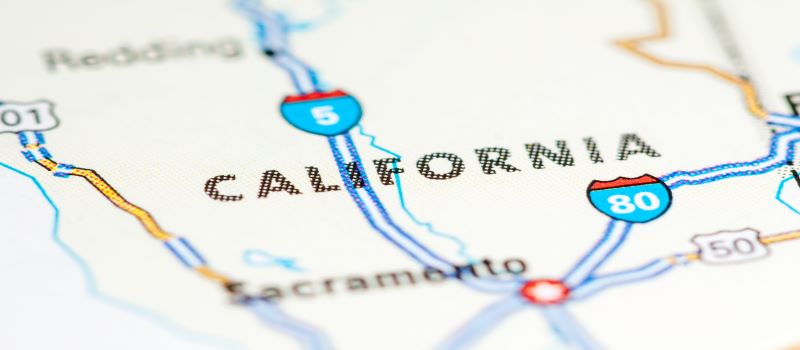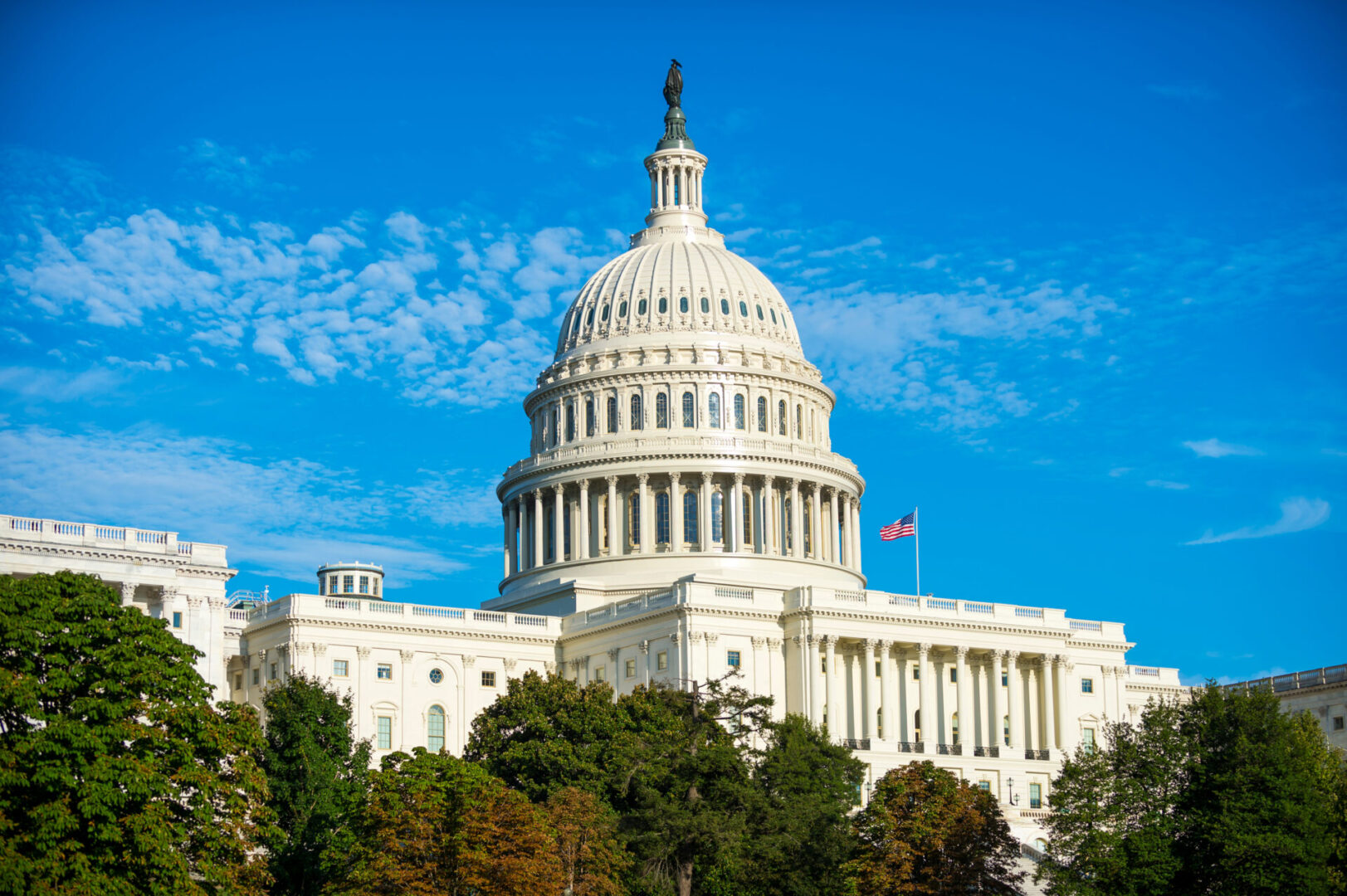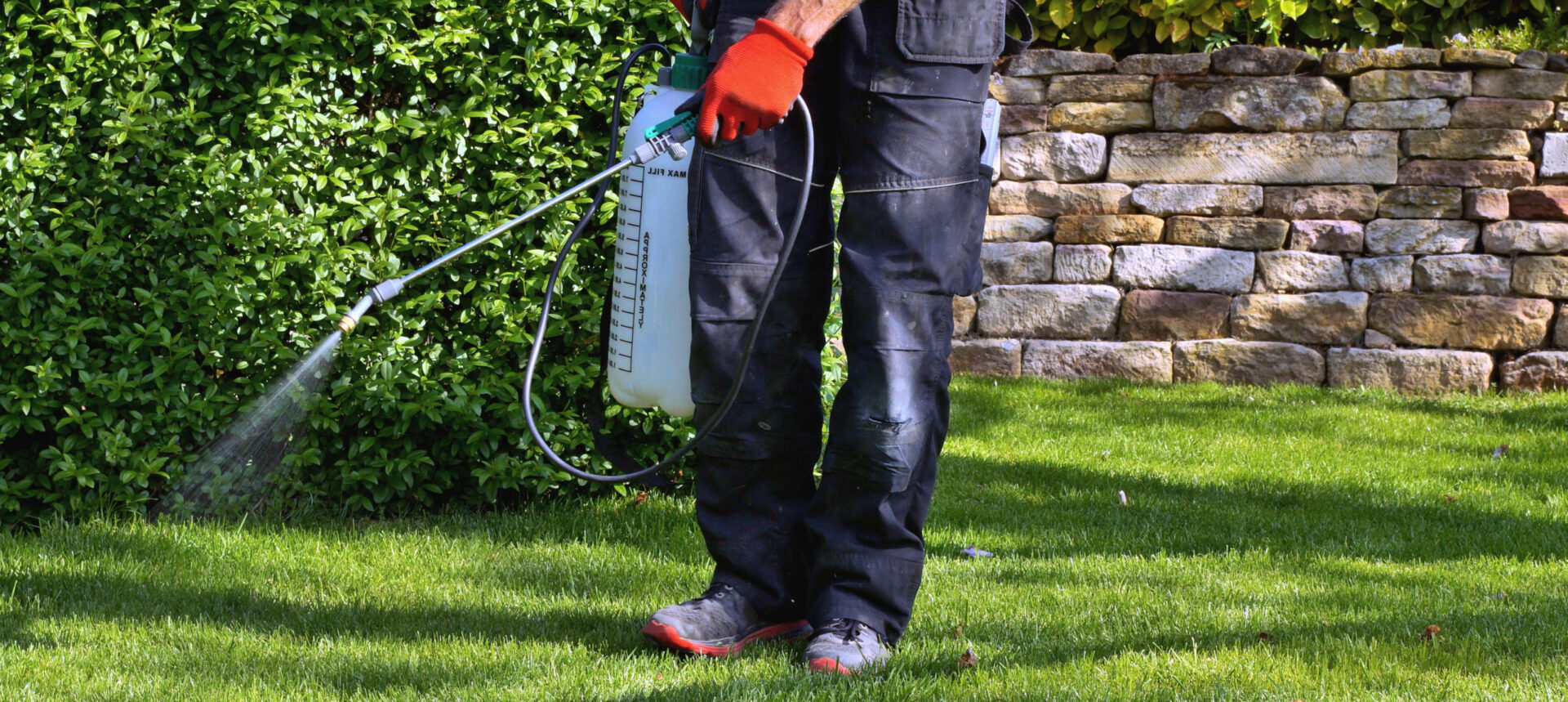By Christina Wilkinson
Last updated on July 16, 2025
UPDATE: The following increases to registration fees for the California Department of Pesticide Regulation will go into effect no later than 10/01/2024.

Earlier this year the California Governor unveiled a proposal to increase the pesticide mill assessment, the California Department of Pesticide Regulation’s (DPR) primary funding source. The proposal has gone through many revisions due to stakeholder feedback. The Governor is expected to sign the amended AB 2113 into law this week, which included compromises brought to the table by stakeholder groups. The compromises include new accountability measures for DPR with set timelines for completed actions to be in place July 1st, 2027. DPR must also prioritize hiring within the registration branch and provide notification by January 31st of every year if they plan on increasing registration fees. See the below table for some of the details:
California Assembly Bill 2113
Registration Fee Transparency
DPR must notify via the DPR website by January 31st of every year if they plan on increasing licensing and/or registration fees.
Mill Tax Increase
California Mill Tax per dollar of pesticide sales will increase from 21 mills ($0.021) to the following amounts:
| 2024: 24.5 ($0.0245)
2025: 27 ($0.027) 2026: 29 ($0.029) 2027: 30 ($0.030) |
DPR will have no authority to increase mill tax beyond these limits.
Registration Timelines Starting July 1, 2027
Review and evaluation of new and amendment applications will be as follows:
- New active ingredient ≤ 30 months
- New product or Amendments (without data) ≤ 6 months
- New product or Amendments (with data) ≤ 12 months
If the above timelines cannot be met by the department, up to two 60-day time extensions will be allowed. In this instance, the department director must provide the applicant with a statement of reasons for extension and estimated additional time needed. Any extension beyond the two 60-day periods requires mutual agreement with the registrant.
This change will limit DPR’s clock-stop authority (Time Tolling) to:
-
- Applicants failing to correct a deficiency in the 15-day time frame
- Applications requiring EPA approval
- Substantive changes when correcting a deficiency
- Nonpayment of registration fees
- Citing data that is currently under review for a different submission.
If time tolling does apply to an application, the department must resume review of the application within 15 days of the correction of the issue that led to the clock stoppage.
To assist with accomplishing these timelines, DPR must prioritize hiring within the registration branch. DPR will also be required to appear before legislative oversight hearing at least every two years on timelines and performance.
Reporting
- 2025 – 2028: DPR must annually report average processing times for registration and average time the application spent in intake and at each scientific evaluation station.
- 2029 – ongoing: For each registration category (Ag, Non-Ag, Dual Use), DPR must annually report processing times for the:
- Total number of applications
- Amount processed within the review timeline
- Amount that exceeded the review timeline
As reported in a previous blog, DPR also proposed increased pesticide registration fee increases to begin sometime this year with a subsequent increase the following year. If approved, the first registration fee increase (third column) is expected to go into effect in September of this year, with the second increase (fourth column) next year. The fees will increase in two stages over their next two fiscal years. In support of the fee increases, DPR is citing the need to support current and future business functions of the pesticide registration program.
DPR Proposed Fee Increases
The following increases to registration fees for the California Department of Pesticide Regulation will go into effect no later than 10/01/2024. Following the stakeholder comment period, DPR added a new fee category for notifications at $100 instead of the $300 for amendments and notifications that was proposed originally. The agency also elected to increase the 2024 renewal fee to $2,300, rather than the step up approach discussed in earlier proposals.

We recommend working with your marketing team to plan label updates to avoid multiple update fees if the fee increase goes into effect as planned. Please reach out to your SRC Registration Specialist for more information regarding these registration fee increases. Thank you for allowing SRC to partner with you.





